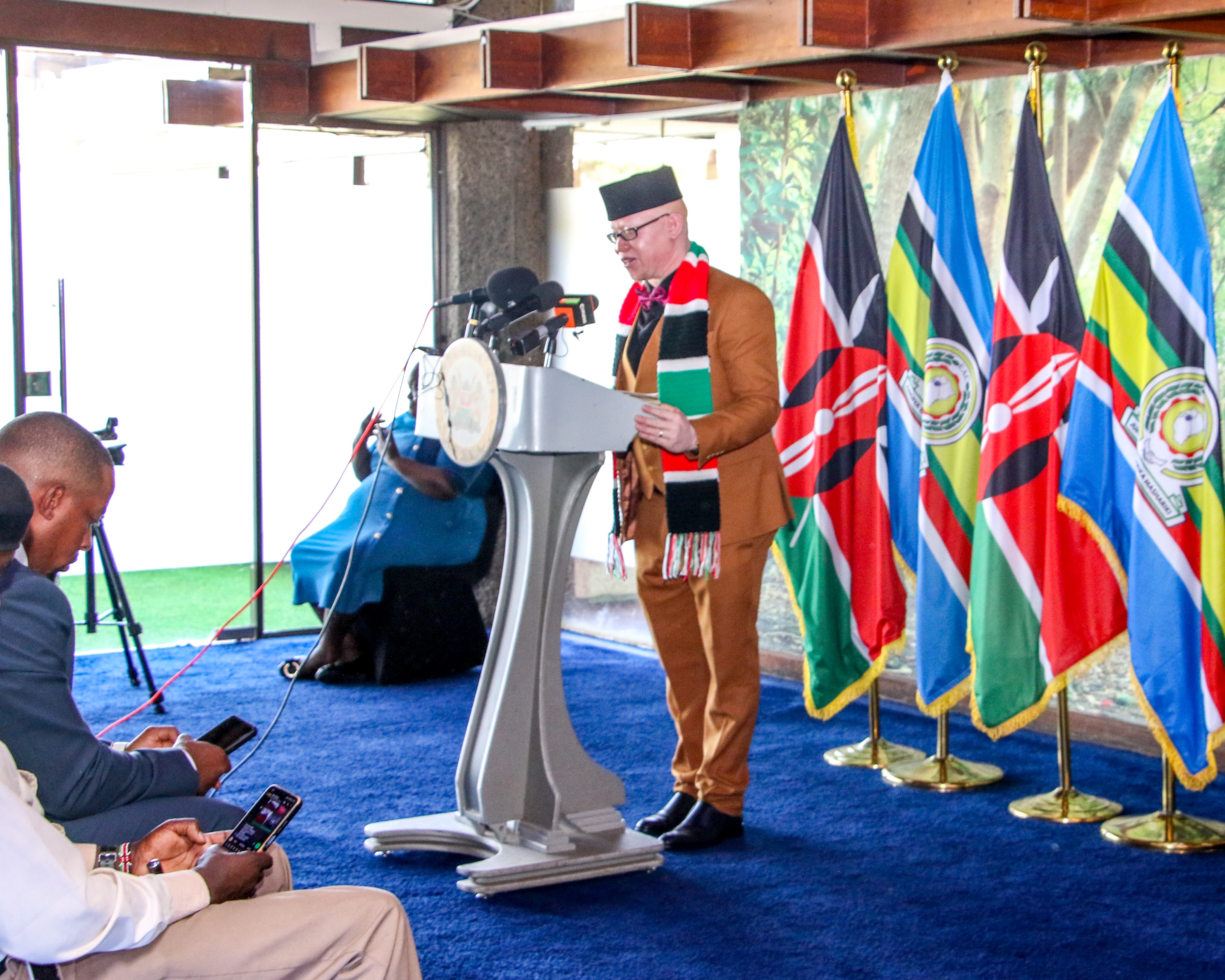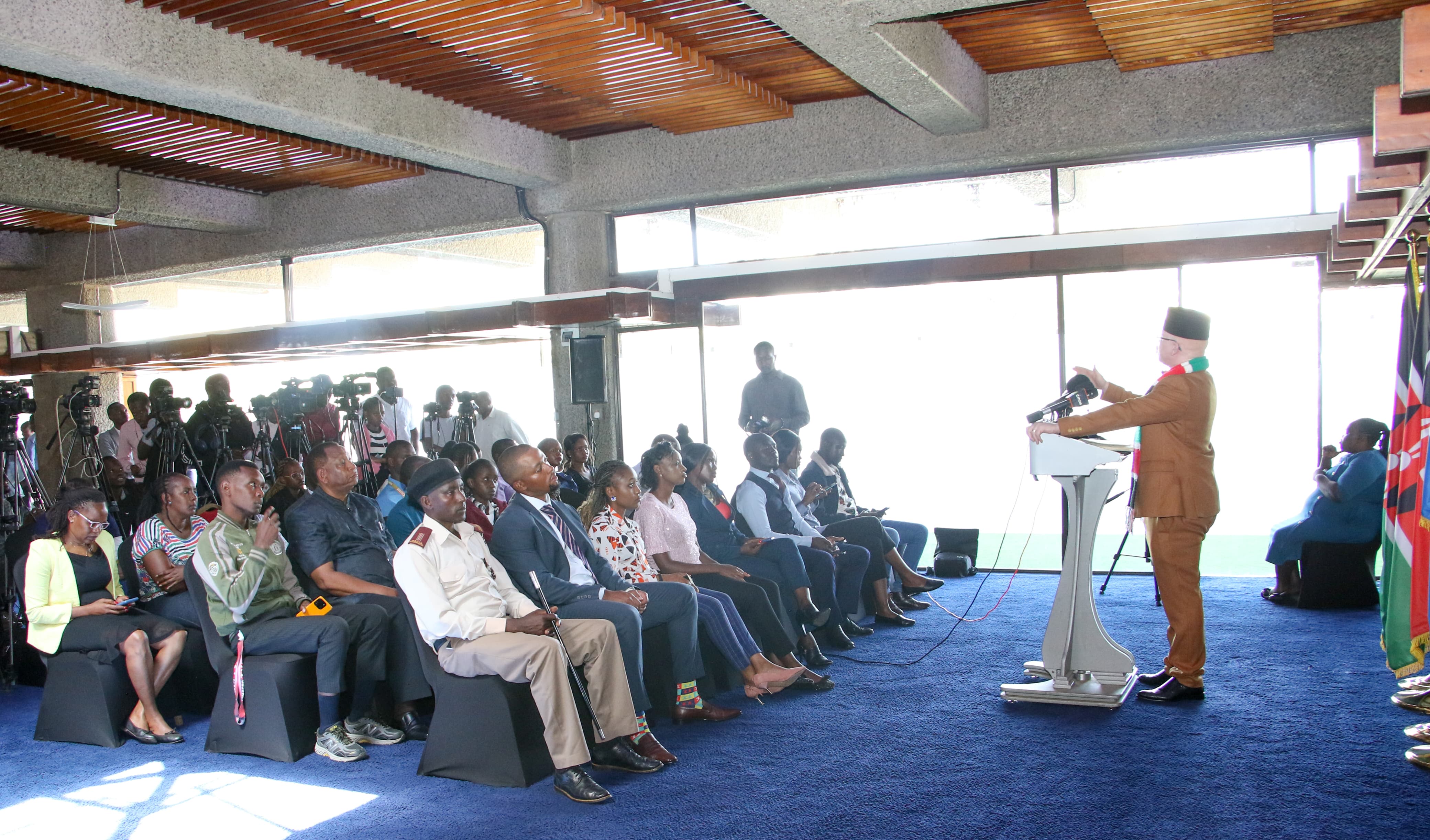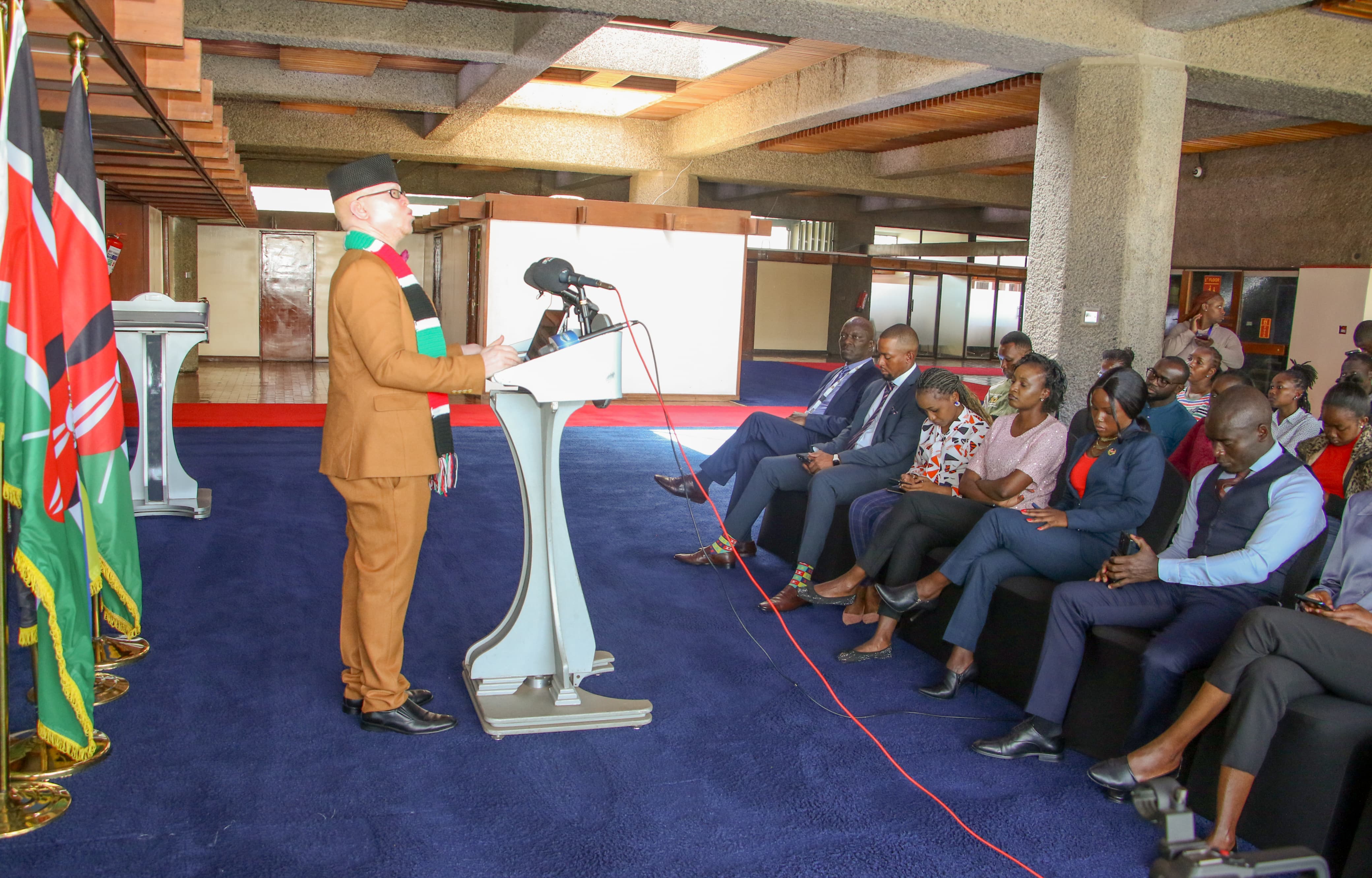

The fight against corruption is inevitable for any country to attain substantial national development. On this understanding, the government has undertaken to confront the vice from several fronts like never before.

Amendments have also been effected to the Public Finance Management Act and the Public Procurement and Disposal Act to create a fully digital procurement platform.
These reforms Mwaura adds, will create an end-to-end transparent process, enabling real-time monitoring for accountability.
“The fight against corruption is collective. These measures will empower citizens to come forward with critical information, to support investigations and expose graft without fear of reprisal,” the government Spokesperson says, describing corruption as a long-standing challenge that has greatly hindered national development.
He notes that a lot of taxpayer’s money is lost through the lengthy and complex procurement processes where instead of ensuring accountability, the current procurement system has become a golden ticket for unethical individuals to exploit loopholes and enrich themselves at the expense of taxpayers.
The changes, he adds, will ensure real-time visibility from tender announcements to contract awards, reducing avenues for misuse of public resources.
The fight against corruption has also been extended to the healthcare sector, where fraudulent claims and financial mismanagement within the National Health Insurance Fund (NHIF) have led to significant losses.
To counter the thefts, the country has since October 2024, transitioned to the Social Health Authority (SHA) under the umbrella of Taifa Care a new healthcare program.
Mwaura reiterates that Kenya’s fight against corruption requires combined vigilance of both government institutions and the public emphasizing ethical leadership and citizen participation.
“Our nation’s progress depends on our shared commitment to integrity and transparency,” he advises.
Riding on the favourable legal instruments and existing political will, the Ethics and Anti-Corruption Commission (EACC) has on its part ramped up its fight against corruption by prioritizing high-impact investigations and asset recovery.
During the recent launch of the EACC Annual Report 2023/2024, CEO Abdi Mohamud highlighted significant progress in his commission’s fight against the vice.
The Commission, Mohamud revealed, has so far filed 47 civil suits seeking to recover assets worth Sh9.2 billion and had successfully reclaimed Sh2.9 billion in the corruptly acquired wealth.
He further noted that EACC disrupted corruption networks efficiently averting potential losses estimated at Sh2.9 billion through proactive investigations.
The CEO reveals that the scale of corruption under investigation is staggering noting that cases amounting to Sh100 billion spread across various government and county institutions have been reported and are being investigated.
The Commission wants the National Assembly to fast-track the Anti-Corruption (Amendment) Bill 2025, to strengthen Kenya’s anti-graft measures.
In a decisive stance, President William Ruto has time and again voiced the country’s political will to uphold stringent anti-corruption standards and support for every effort geared towards reinforcements for zero-tolerance to graft.
To achieve this, the president partly banks on the e-Citizen platform to address corruption.
The platform has under his watch, grown from 350 digitized government services in 2022 to 20,855 services in 2024 resulting in enhanced revenue collection across all sectors of the economy.
Kenya Wildlife Service is one of the sectors that have experienced exponential growth from the use of e-citizen reporting a 43 per cent revenue growth.
The agency recorded a rise in its revenue from Sh5.3 billion in 2023 to Sh7.6 billion in 2024. Such achievements showcase the transformative impact of digitization.
Overall, the positive impacts of these anti-corruption efforts are being felt across the various sectors of the economy.
Kenya’s inflation rate has dropped to 2.7 per cent, and the prices of essential commodities, such as maize flour, have declined. These economic gains highlight the tangible benefits of transparency and fiscal responsibility.








